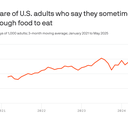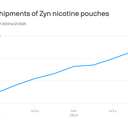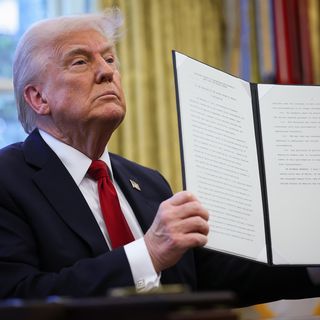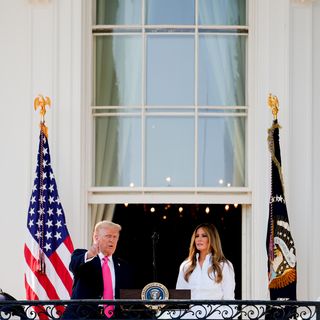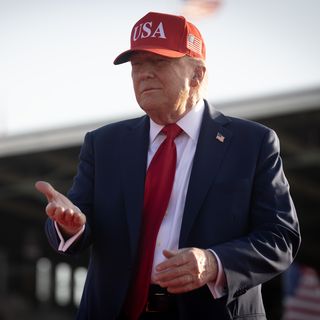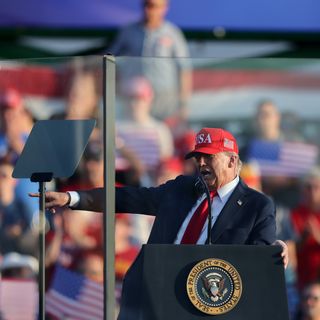Tariffs return to April rates on August 1 without deals, Bessent says
Countries that don't make trade deals with the U.S. by August 1 can expect tariff rates to return to the levels announced in April, Treasury Secretary Scott Bessent said Sunday.
Why it matters: It's effectively a new deadline for the biggest U.S. trading partners to negotiate an alternative to President Trump's sweeping global tariffs — even as Bessent insists nothing had changed.
Catch up quick: On Friday, Trump said about a dozen countries would receive letters Monday unilaterally setting a tariff rate, with more to come in the following days.
- Trump has said he preferred those letters to negotiations, after a three-month pause on his most sweeping tariffs netted three deals, rather than the 90 his administration promised.
- That pause expires this coming Wednesday.
What they're saying: Bessent, in an interview with CNN's "State of the Union," said the letters would make clear that absent a deal, the rates would return to the levels Trump announced April 2.
- "It's not a new deadline. We are saying, this is when it's happening, if you want to speed things up, have at it, if you want to go back to the old rate, that's your choice," he said.
The intrigue: Even with the new date in play, Bessent said there will be significant activity in the coming hours, as countries scramble to get something done before the original deadline.
- "We are close to several deals. As always, there's a lot of foot-dragging on the other side," he said. "I would expect to see several big announcements over the next couple of days."
What to watch: Trump's letter threat risks re-igniting the tariff chaos that crushed CEO and consumer confidence earlier this year and sent financial markets plunging.
- Stocks have since rebounded to new record highs, consumer sentiment has improved and bond markets have taken a deep breath — all of which could be at risk if the trade war heats back up.




